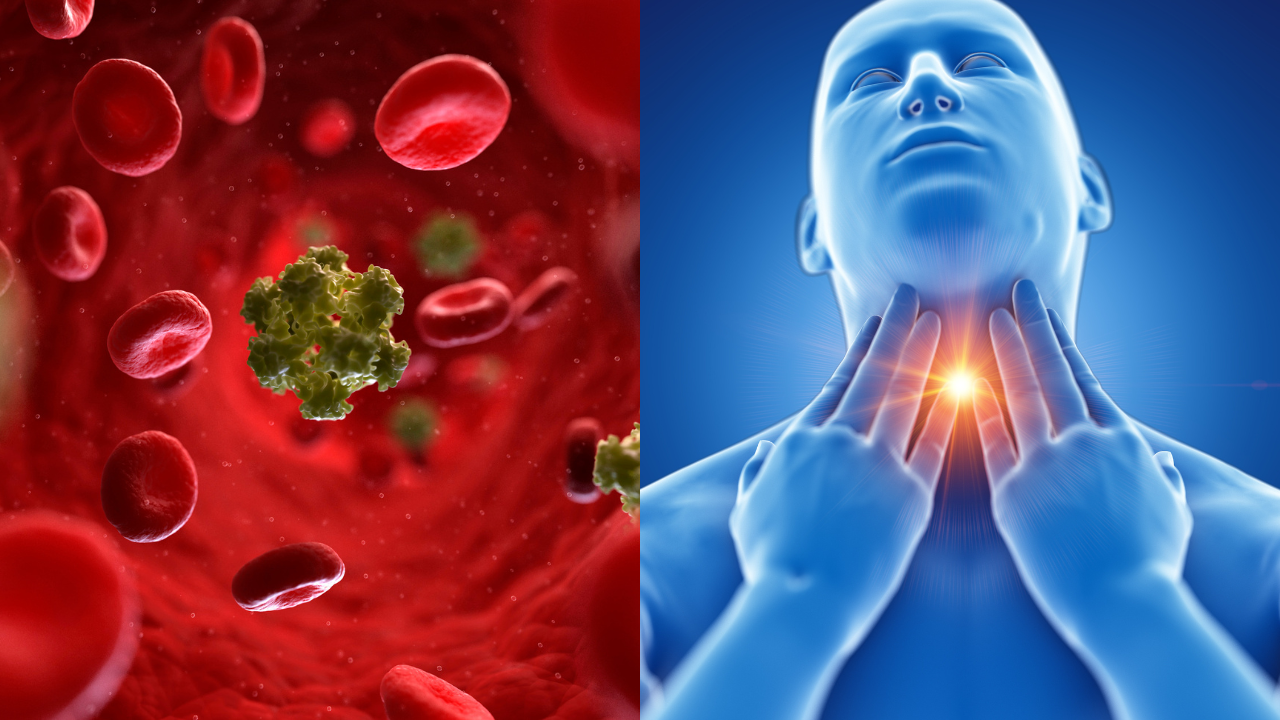World Head and Neck Cancer Day: This Common Virus Is Now The Top Cause Of Oropharyngeal Cancer In Men

SummaryHPV, long linked to cervical cancer, is now the top cause of oropharyngeal cancers in men, especially affecting the throat and tonsils. With subtle symptoms and rising incidence, experts urge awareness, early screening, and timely vaccination to prevent this silent threat.
End of Article
